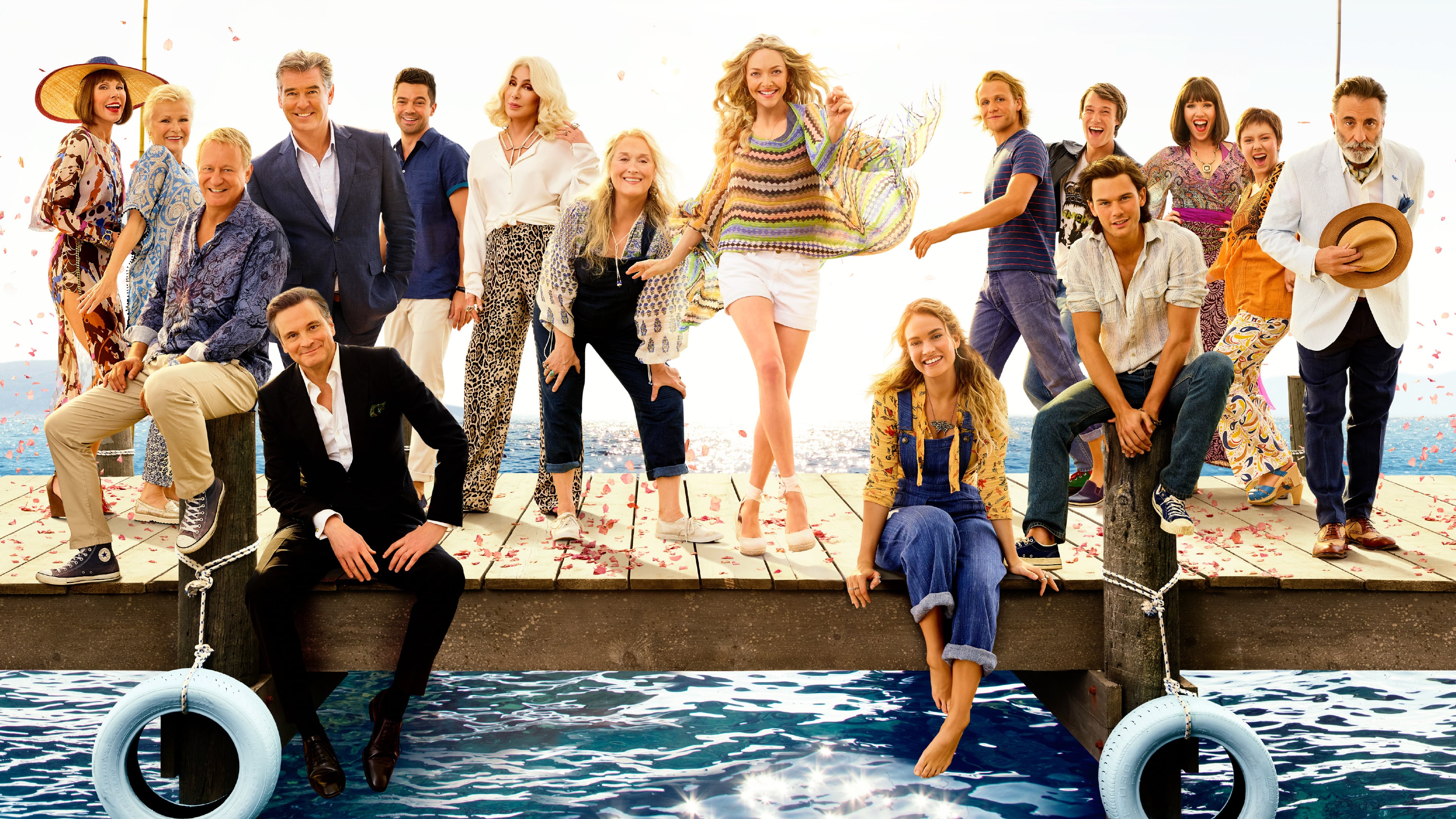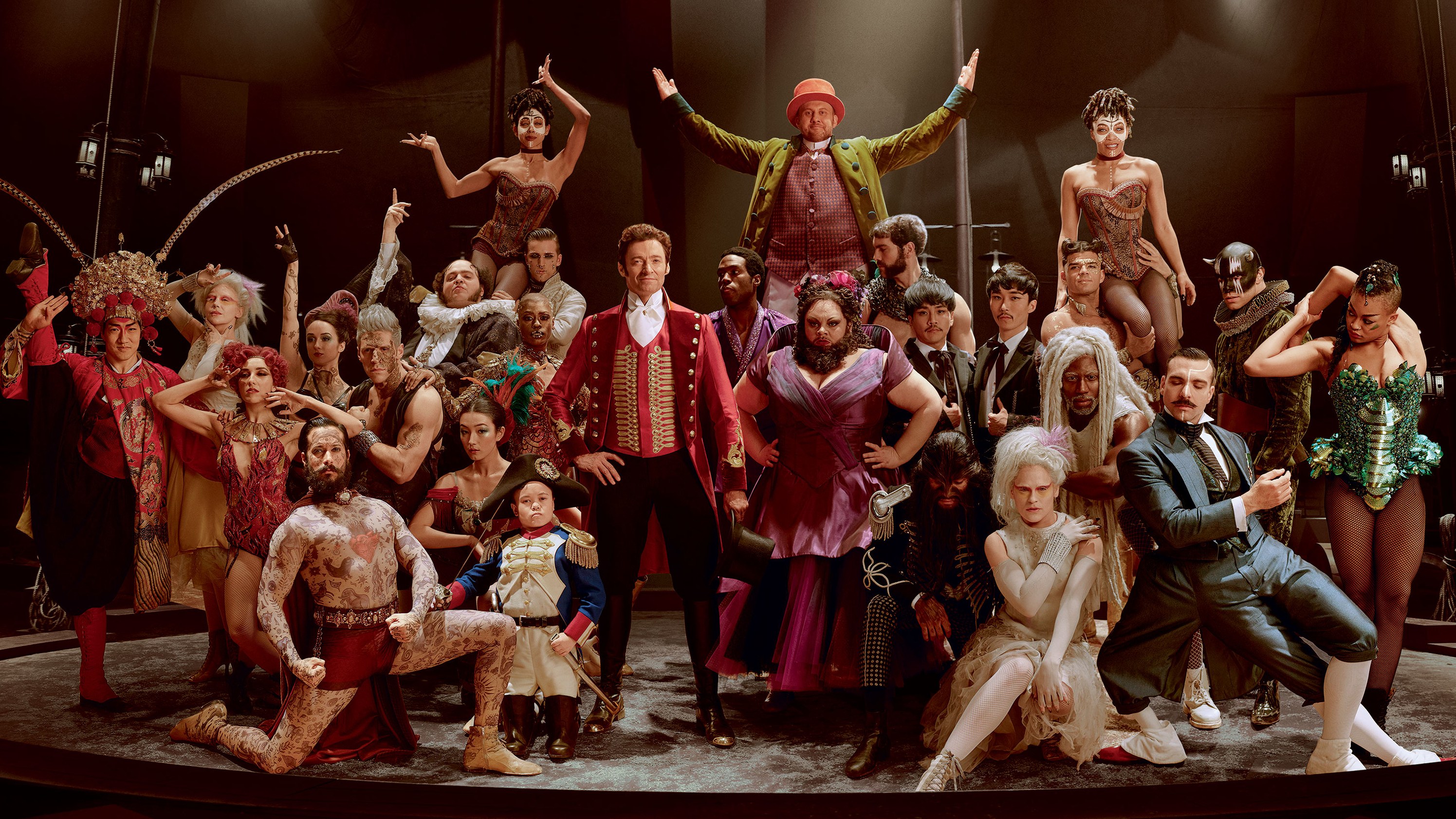Best Summer Ever
by George Wolf
Bad Mood? Tough week?
If Best Summer Ever doesn’t turn your frown upside down, I’ll eat a bug.
Two high schoolers not named Danny and Sandy enjoy some sweetly romantic summer nights, then go their separate ways…until fate brings them back together for a musical teenage dream filled with a wonderfully diverse cast of actors.
Anthony (Rickey Wilson, Jr., showing easy charisma) and Sage, a charmer in a wheelchair (Shannon DeVido – who effortlessly steals this film), meet at a summer dance camp in Vermont. Anthony tells Sage he attends a dance academy in NYC – but’s he’s really a football star in Pennsylvania who relishes the chance to indulge his secret love of dance. Sage has a secret of her own – the illegal pot business her two moms (Eileen Grubba and Holly Palmer) operate that keeps the family constantly on the move.
But at summer’s end, an unexpected complication leads to Sage’s family landing in Pa. – and Sage enrolling at the very same high school Anthony attends! Oooh, this is delicious, especially for Queen Bee Beth (a terrific Madeline Rhodes, aka MuMu, also part of the songwriting team), the evil cheerleader who hatches a devious plan to become Homecoming Queen and take Anthony as her King!
Directors/co-writers Michael Parks Randa and Lauren Smitelli craft an irresistible take on the high school musical, populated by just as many physically and/or developmentally challenged actors as not. The joyful representation in this film will swell your heart, especially when you realize – early on – that none of the characters’ perceived disabilities are treated as anything less than ordinary.
And more than that, there isn’t an ounce of condescension to be found, as Randa and Smitelli find some big laughs skewering high school stereotypes. Beth casually drops surprise dick jokes, and two Statler and Waldorf-type booth announcers (Eric Folan and Phil Lussier) bring some hearty sarcasm to the big Homecoming game. See, Anthony is the team’s kicker – and he’s the star because the rest of the team sucks so badly (which causes the resentful quarterback [Jacob Waltuck] to hilariously cuss out the crowd).
Yes, the songs are often cheesy and sung over what sounds like weak karaoke backing tracks, but the title tune’s been stuck in my head for days now.
You’ll see some big names in the film’s list of producers, and some (Maggie Gyllenhaal, Peter Sarsgaard) even pop up in cameos. But the most important may be the members of Zeno Mountain Farm – a Vermont retreat committed to a world where “all can thrive, feel connected, and be empowered.”
For 72 minutes, Best Summer Ever gives us a glimpse of what that world might look like, and it’s inspiring, exhilarating and fun.
But watch out for that Beth – she’s so mean!
Best Summer Ever is available to stream starting Tuesday, April 27th









